|
COVID Test kits available at White Cloud, Hesperia and Grant
LANSING, Mich. – The Michigan Department of Health and Human Services (MDHHS) has expanded its efforts to provide free, at-home testing kits to underserved areas of the state by providing test kits to additional libraries for a total of 70 locations participating in the program. For Michigan families spending more time in group settings, with extended and/or vulnerable family members and friends, or returning from Spring Break trips, these test kits could be a valuable tool in preventing the spread of the virus when returning to work and school. More than 24,000 kits have been shipped to 70 libraries. Test kits are limited at each location and are available on a first-come, first-served basis. Michiganders are asked to take one kit per person, up to five per household. To obtain a test kit, visit the following libraries during business hours. White Cloud Community Library 1038 Wilcox Grant Area District Library 122 S Elder Hesperia Community Library 80 S. Division N3 Note: Given this info came from the state office of MDHHS and not locally we recommend calling the library to confirm they have received the test kits. Why so many dead fish?
From our friends at the DNR After ice and snow cover melt on Michigan lakes early this spring, it may be more likely for people to discover dead fish or other aquatic animals. While such sights can be startling, the Department of Natural Resources reminds everyone that this is normal, since winter conditions can cause fish and other creatures such as turtles, frogs, toads and crayfish to die. "Winterkill is the most common type of fish kill," said Gary Whelan, DNR Fisheries Division Research manager. "As the season changes, it can be particularly common in shallow lakes, ponds, streams and canals. These kills are localized and typically do not affect the overall health of the fish populations or fishing quality." Shallow lakes with excess aquatic vegetation and soft bottoms are more prone to this occurrence, particularly when a deep snowpack reduces sunlight for the plants. Canals in urban areas also are quite susceptible due to the large amounts of nutrient runoff and pollution from roads and lawns and septic systems that flow into these areas, especially from large storm events. Fish and other aquatic life typically die in late winter but may not be noticed until a month after the ice leaves lakes. That’s because the dead fish and other aquatic life are temporarily preserved by the cold water. Fish also may be affected by rapid changes in water temperature due to unseasonably warm temperatures leading to stress and, sometimes, mortality. That could be the case this year with the record or near-record cold temperatures and the large snowfalls Michigan experienced this month and any rapid warming in the coming months. Fish can become easily stressed in winter due to low energy reserves because feeding is at a minimum in winter. They are then less able to handle low oxygen and temperatures swings. "Winterkill begins with distressed fish gasping for air at holes in the ice and often ends with large numbers of dead fish that bloat as the water warms," Whelan said. "Dead fish and other aquatic life may appear fuzzy because of secondary infection by fungus, but the fungus was not the cause of death. The fish actually suffocated from a lack of dissolved oxygen from decaying plants and other dead aquatic animals under the ice." Dissolved oxygen is required by fish and all other forms of aquatic life. Once daylight is greatly reduced by ice and snow cover, aquatic plants stop producing oxygen and many die. The bacteria that decompose organic materials on the bottom of the lake use the remaining oxygen in the water. Once the oxygen is reduced and other aquatic animals die and start decomposing, the rate that oxygen is used for decomposition is additionally increased – that means that dissolved oxygen levels in the water decrease even further, leading to increasing winterkill. For more information on fish kills in Michigan, visit Michigan.gov/Fishing. The public is welcome to report fish kills at Michigan.gov/EyesInTheField; such reports are valuable to the DNR’s ability to manage the state’s aquatic resources. If you suspect a fish kill is due to non-natural causes, call the nearest DNR office or Michigan's Pollution Emergency Alert System at 800-292-4706.  Muni’s, counties share in the Pot pot. Two cities in our county have recreational marijuana facilities, Grant and White Cloud. Last year they were among the 38 cities, 21 townships, 7 villages and 38 counties, a total of 83 governmental units, who received payments from the Marihuana Regulation Fund to the tune of about 28 grand per facility. This year 374 municipalities and counties will be getting paid. For the state of Michigan’s 2020 fiscal year, more than $31 million was collected from the 10% adult-use marijuana excise tax. Combined with fees, there was a total of $45.7 million available for distribution from the fund. In fiscal year 2021 more than $111 million was collected from the 10% adult-use marijuana excise tax. In total, there was $172 million available for distribution from the fund. Where does the money go? Per state law allocations of this money include: 15% to municipalities in which a marihuana retail store or a marihuana microbusiness is located, allocated in proportion to the number of marihuana retail stores and marihuana microbusinesses within the municipality; (b) 15% to counties in which a marihuana retail store or a marihuana microbusiness is located, allocated in proportion to the number of marihuana retail stores and marihuana microbusinesses within the county; (c) 35% to the school aid fund to be used for K-12 education; and (d) 35% to the Michigan transportation fund to be used for the repair and maintenance of roads and bridges. Grant, home of High Profile will see about $56,000 hit their coffers while White Cloud where Skymint, the first facility in the county opened their doors to be later joined by Michiganja, will be receiving nearly $113,000. And counties get in on the bounty as well with Newaygo County receiving just under $170K for being home to the 3 businesses that specialize in cannabis. Revenue was collected from licensees among the state’s cities, villages and townships during the 2021 fiscal year. Some of these municipalities, like White Cloud, host more than one licensed retail store and microbusiness. Mecosta County with a population about 6000 less than Newaygo will receive 677,441.28 for the 12 facilities that call Big Rapids home. The city of BR will be cashing the same size check as well. Aside from the more than $42.2 million in disbursements to municipalities and counties, $49.3 million was sent to the School Aid Fund for K-12 education and another $49.3 million to the Michigan Transportation Fund. In total, more than $1.1 billion in adult-use marijuana sales was reported for fiscal year 2021. “It’s rewarding to see that the agency’s balanced regulatory approach is effectively protecting consumers while still allowing Michigan businesses to grow and thrive,” said MRA Executive Director Andrew Brisbo. “The funding provided directly to local governments – and the thousands of jobs created across the state – show that Michigan is leading the way in the cannabis industry.” Want to see who got what across the state when it comes to this Cannabis Captured Cash? Here is a breakdown of how much municipalities and counties received. 3 Fremont seniors earn $$ for future education
FREMONT, Mich. (3/14/2022) Gerber Federal Credit Union awarded a total of $2,750 as a result of its Annual Essay Scholarship program. Entrants were asked to explain “What financial goals do you think are attainable for today’s youth and how would you advise them to reach those goals?” in 300-500 words. Entries were accepted from Gerber Federal Credit Union members currently attending their senior year of high school and planning to attend an accredited technical school, community college, trade school, four-year accredited college or university, or an apprentice program. Jessie Petry from Fremont, MI is the First Place winner. She was awarded $1,750 and publication of her essay at www.gerberfcu.com. Hanna Beecham from Fremont, MI is the Second Place winner and was awarded $750. Zoe Buckley from Fremont, MI is the Third Place Winner and was awarded $250. Essays were submitted by email and mail. Our panel of judges included 4 educators from various school districts and a member of management at a local hospital. Judges evaluated the essays on Topical Relevance and Quality of Writing after all identifying information was removed. Ms. Petry’s essay entitled “A Financial Foundation” Stress can surely add up as a high school senior when you are just months away from being pushed out of the nest and into the real world. Choosing how to balance your time making money, where to spend it, and still being able to have fun in your last moments as a child can seem overwhelming. There are so many things you still want to do, but so little time. On top of that, it seems as if the massive weight of student loan debt will come crashing down on life at any second. Many high school students don’t know where to start or how to build a solid financial foundation. However, with the right tools and knowledge, today’s youth can thrive in the world without being overcome by the stress of financial security. Before setting financial goals, I would advise the youth of America to start learning about finances instead of just “winging it”. In my Personal Finance class, I have seen the value of learning how to budget and distribute your money. Learning how to budget correctly helps reduce mindless spending and makes bigger goals easier to achieve. It is helpful to list your values and adjust spending habits to what is important. Finding out what is important to you and learning the basics of how to wisely budget your finances is the most important step for young adults to take in becoming successful in accomplishing their financial goals. After learning how to properly budget, spend, and save, you can start setting your financial goals. It is better to have a solid foundation for your goals than to try to accomplish them blindly. One goal that I think is achievable for young adults is saving up enough money to buy a reliable car. It is necessary for life outside of high school and is critical in getting a job. From fast food restaurants to dairy farms, there are many opportunities for teenagers to start earning an income. Even if activities outside of school are important to them, working two days a week and putting at least 20% of their income into savings is a good start and gets you closer to your goals. If you already have a vehicle, you can start putting a portion of your income into either a savings account for furthering your education or an emergency fund. When you get into the habit of “paying yourself first” and putting your money into savings before spending any of it, you are setting yourself up for success in the future. The youth of America need to focus on learning how to budget correctly and manage their finances before making any major financial decisions. Once they have the knowledge and tools they need to succeed, they should focus on saving their money and putting it towards goals that will have a longer-lasting impact on their life. To achieve their goals, the youth have to start putting their money into savings first instead of mindlessly spending. Auto Insurance Checks to Hit Mailboxes Starting This Week
LANSING, Mich. - Governor Gretchen Whitmer and Michigan Department of Insurance and Financial Services (DIFS) Director Anita Fox today announced that the Michigan Catastrophic Claims Association (MCCA) will complete the transfer of $3 billion in surplus funds to Michigan’s auto insurers this week. Once complete, the transfer will trigger a 60-day deadline for auto insurers to send out required $400 refund checks per vehicle to eligible Michiganders no later than May 9, 2022. “If you are eligible for a refund, your auto insurer will send it to you automatically and you do not need to take action. Incorrect information could cause delays, so drivers may wish to confirm that their insurer has their current address and banking information,” said Director Fox. “Now that the refund process has begun, it is especially important for consumers to be alert for potential scams. No one should call you seeking your personal information in order to get your refund, and if you get such a call – hang up and call your insurance agent or company directly to verify the legitimacy of the call.” Refund details:
“These $400 refunds are game-changers for so many Michigan families,” said Governor Whitmer. “I called for these refunds because I am committed to lowering costs for Michiganders and putting money back in people’s pockets. They are possible because we worked across the aisle to pass bipartisan auto insurance reform, and we will keep working together to grow our economy and build a state where families can thrive.” Healthy Lakes Forum coming Tuesday. March 22
On Tuesday, March 22, 6pm – 8pm, the County Drain Commission will host the “Healthy Lakes Forum.” It will be held at the Newaygo County Administration Building Board Chambers at 1087 Newell Street, White Cloud. The event will also be available by internet. Please email [email protected] for the Teams link. Or click on this link at 6pm on March 22: Healthy Lakes Forum Teams Link. For more information you can call the Drain Commission Office: 231-689-7213. What is a Healthy Lakes Forum? It is a place to learn about ways to keep our inland lakes healthy. You will hear from lake and fisheries experts about inland lake management; lakeshore best practices; and watershed actions for lakes. Who should attend the Healthy Lakes Forum? Anyone who lives on, uses or just appreciates our County’s lakes should attend. According to Dale Twing, Newaygo County Drain Commissioner, many of the problems of keeping our lakes healthy stem from unhealthy practices: old or poor sewer systems on the lakes; the use of inappropriate lawn and garden fertilizers; road run-off; and non-native or invasive plant species in the lakes and on the shorelines. “Part of my job as Drain Commissioner is to sit on the county’s 6 Lake Boards. I hear about many problems from lake residents, but the biggest complaint seems to be about too many weeds around their boat docks and shorelines,” states Dale. “I found that all their information was coming from the people being paid to chemically treat their lakes for the weeds. This may not always be the healthiest answer for their problem. I felt the people needed information from experts that were independent of any financial benefit.” The experts who will be presenting on these issues and healthy lake solutions are: Mark Tonello from the Michigan DNR; Eric Calabro from Michigan EGLE; and Erick Elgin from MSU Extension. What you will learn at the Healthy Lakes Forum: You will learn how activities on the lake, shoreline, and in a lake's watershed can both positively and negatively impact the health of the lake ecosystem. This forum will also discuss the wise use and management of our lakes and how we all play a central role. Bring your questions, your curiosity, and your love for Newaygo County’s beautiful inland lakes and waters!  Back Row (L to R): Rick Mushing, Wayne TenBrink, Mike Haaser, Corbin Pieper, Jonathan Traxler, Andrew Weaver, Jim Barstow, Deanna Traxler Front Row (L to R): Punroon Raungrit, Michael Jenkins, Alicia Bay, Jullawat Sinsiri, Parker Jones, Noah Vanderwall. Not pictured: Jackson Barstow, Cecile DeLoy, Shannon Barstow 1918 NCGears Places Second at District Event
NCRESA’s FIRST® Robotics Team 1918 NCGears, along with their alliance partners, 1023 Bedford Express from Bedford Senior High School and 8612 Squires Robotics from Calvin Christian High School placed 2nd at the FIRST® in Michigan District Event held at Calvin University March 3 – 5, 2022. In addition to being a finalist at the event, the team also received the “Creativity Award”-sponsored by Rockwell Automation. In FIRST® Robotics, teams receive a new game each year and spend 7 to 8 weeks building and programming a robot to best accomplish the tasks of the game. Teams then head to competitions to see how well their robot, operating in alliance with two other robots, will do at the game. In addition to building and programming the robot, there are other things to be done on a robotics team. These include but are not limited to creative design to come up with team buttons and peer award designs; preparing and presenting presentations about the robot; learning about safety and helping the team be safety minded. NCRESA’s FIRST® Robotics Team is a county-wide team and is open to all high school aged students who live in Newaygo County or attend a high school within NCRESA’s service area. If you are interested in learning more about 1918 NCGears, please contact Mr. Rick Mushing at [email protected]. “The truest form of love is how you behave toward someone, not how you feel about them.”- Steve Hall Man, ain’t that the truth? Some folks find it easy to say ‘I love you’ to their partner and yet their actions are seldom in harmony with the words. We all come from families that had their ways ways of expressing love. Some say it often to each other, some rarely express it verbally. Each of these may or may not show it in actions. Like it or not, how we handle a committed relationship has its roots in what we witnessed (or rather in some cases what we missed) in our familial homes. One of the cool things about human beings however, is their ability to change. Mind you, not willingly…rarely ever willingly… because most of us are pretty uncomfortable with change. But it’s possible given a desire and dedication to the process. And what could possibly more desirable than the ability able to make the person you have decided to spend your life with feel loved? Give it thought. Then maybe take a chance and ask your partner if they feel loved enough by you.The answer might surprise you. Here are the folks who recently signed on at the Newaygo County Clerk’s Office for their own committed partnership. Heidi Nelson, Hesperia & Travis DePew, White Cloud Brittany Fetzer, Ravenna & Eric Browning, Newaygo Bryan Wylie, Newaygo & Kara Fennema, Newaygo Roxanne VanSlyke, Newaygo & Patrick Yancey, Newaygo Jesse Brown, Newaygo & Jennifer Hendricks, Newaygo 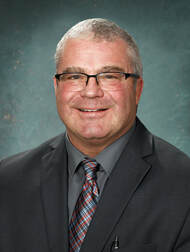 State Senator Rick Outman State Senator Rick Outman State Senator Rick Outman (R- Six Lakes) announced his campaign for re-election to the Michigan Senate in the new 33rd District which includes Montcalm, Newaygo, and parts of Kent, Ionia, Lake, Muskegon, and Ottawa Counties. Sen. Outman has lived in this area all of his life and is proud to call the 33rd Senate District his home. He lives on the same family farm where he grew up in Montcalm County. He is a graduate of Lakeview Community Schools and then went on to earn a Bachelor of Science Degree from Grand Valley State University where he majored in Biology with a minor in Spanish, and a teaching degree. In addition to his work in the State Senate, Rick is the owner/operator of a 3rd generation small business, Outman Excavating. Founded in 1947 by his grandfather and uncle, the company is still well known among the farmers and local businesses in West-Central Michigan. Outman is also a veteran of the United States Army and National Guard. “I’m excited to announce my campaign for a second term in the State Senate. It’s been an honor to represent our community in the Senate for the last four years. We’ve accomplished a lot, but there is still so much more work to do,” said Outman. State Senator Jon Bumstead, who has represented Newaygo for almost a decade in the State Legislature, endorsed Rick Outman’s campaign for the new 33rd District. “Rick and I have served together for many years. He’s conservative, honest, and cares about the people he represents. I’m confident Newaygo County and all the residents of the new 33rd District will be served well by Sen. Outman,” said Bumstead. Additionally, Outman has secured the endorsements of State Representative Julie Calley of Ionia County, Fmr. State Representative/Kent County Clerk Lisa Posthumus Lyons, Fmr. Lt. Governor Dick Posthumus, and Congressman John Moolenaar. They will all be assisting Outman as he campaigns in the newly redrawn 33rd District. White Cloud- March 4, 2022 Newaygo County Prosecuting Attorney, Worth Stay, announced that Deion Moore Hanna of Fremont, date of birth August 20, 1997, was arraigned on March 4 on a seven-count criminal complaint. The charges stem from an investigation into events that occurred at a residence in the city of Fremont on March 2, 2022. The defendant is charged with the following: • two counts of assault with intent to murder, in violation of MCL 750.83, a felony punishable by up to life in prison. • home invasion – 1stdegree, in violation of MCL 750.11a(2), a felony punishable by up to 20 years in prison. • armed robbery, in violation of MCL 750.529, a felony punishable by up to life in prison. • mayhem, in violation of MCL 750.397, a felony punishable by up to 10 years in prison. • unlawful imprisonment, in violation of MCL 750.349b, a felony punishable by up to 15 years in prison. • carrying a dangerous weapon with unlawful intent in violation of MCL 750.226, a felony punishable by up to 5 years in prison. A probable cause conference is set for March 17, 2022, at 9:30 am. A preliminary examination is tentatively set for March 24, 2022, at 1:30 pm. Both hearings are scheduled to be held at the 78th District Court in White Cloud, Michigan. A defendant is presumed innocent until proven guilty. Anyone with information regarding this ongoing investigation is asked to please contact the Fremont Police Department at (231) 924- 2100. Spectrum Health lung specialist, vaping expert to lead national organization seminar March 21
Fremont, Mich., March 3, 2022 – Spectrum Health pulmonology and critical care physician Shelley Schmidt, MD, and Spectrum Health Gerber Memorial tobacco treatment specialist Shelly Klochack, RN, will lead a vaping seminar March 21 hosted by the national organization, Parents Against Vaping e-cigarettes, or PAVe. The free virtual seminar, “What Michigan parents need to know in 2022,” starts at 4 p.m. In addition to Spectrum Health, the American Academy of Pediatrics Michigan chapter is partnering with PAVe for the event. To register, go to www.parentsagainstvaping.org/events and select the Michigan event on March 21. Or click here to go directly to the registration page. “The past two years of the COVID-19 pandemic have been challenging for families, and as health care professionals, we’re pleased to partner with parents around the country to share information that can help address overall health, from respiratory and lung health to mental health, as well as addiction and substance abuse issues, including vaping and nicotine use,” Klochack said. “In Michigan and across the nation, young people and students are getting addicted to vaping and e-cigarettes, which have been linked to lung and brain damage because e-cigarettes contain ingredients that you would normally find in batteries, like nickel, tin and lead. This seminar on March 21 is also an opportunity to face challenges related to addiction and ending the stigma around mental health care. We encourage everyone with a smartphone or a laptop to join our free virtual seminar and learn what we can do to reduce vaping and e-cigarette use.” Half of all Michigan high school students have tried vaping products and one in five Michigan students is an active user of the products, PAVe said, citing a 2019 National Youth Risk Behavior Survey. Meanwhile, 70 percent of youth e-cigarette users say they use e-cigarettes because they “come in flavors I like,” according to the Population Assessment of Tobacco and Health survey. PAVe is a national grassroots organization founded in 2018 as a response to the youth vaping epidemic. |
CategoriesArchives
July 2024
|





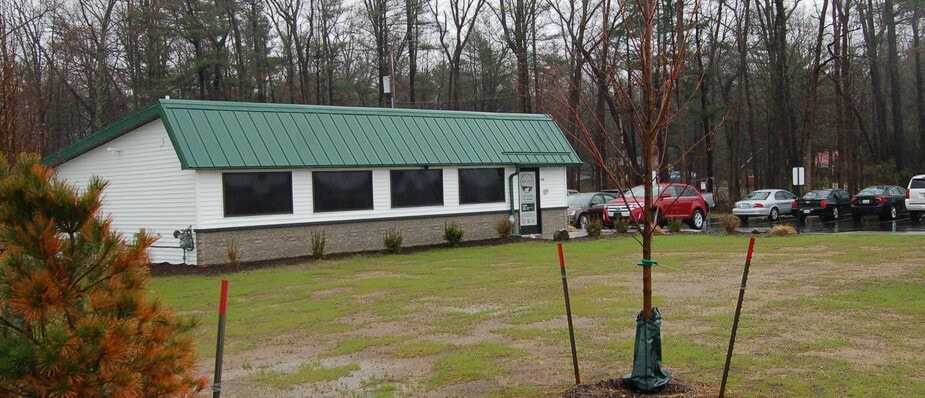
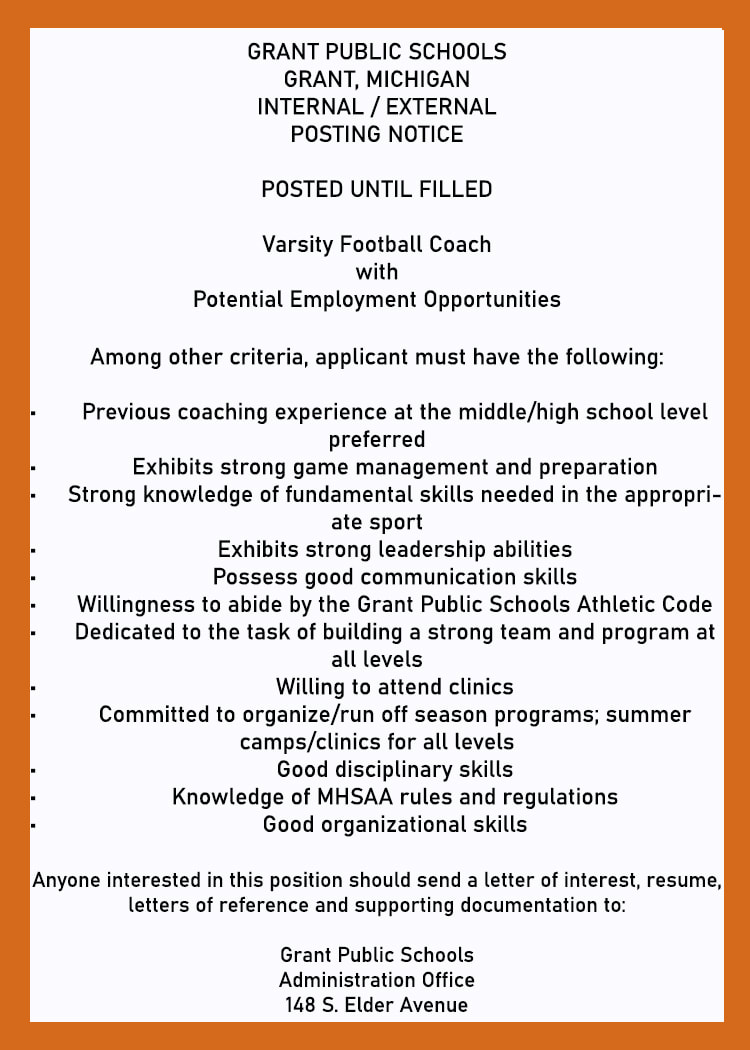
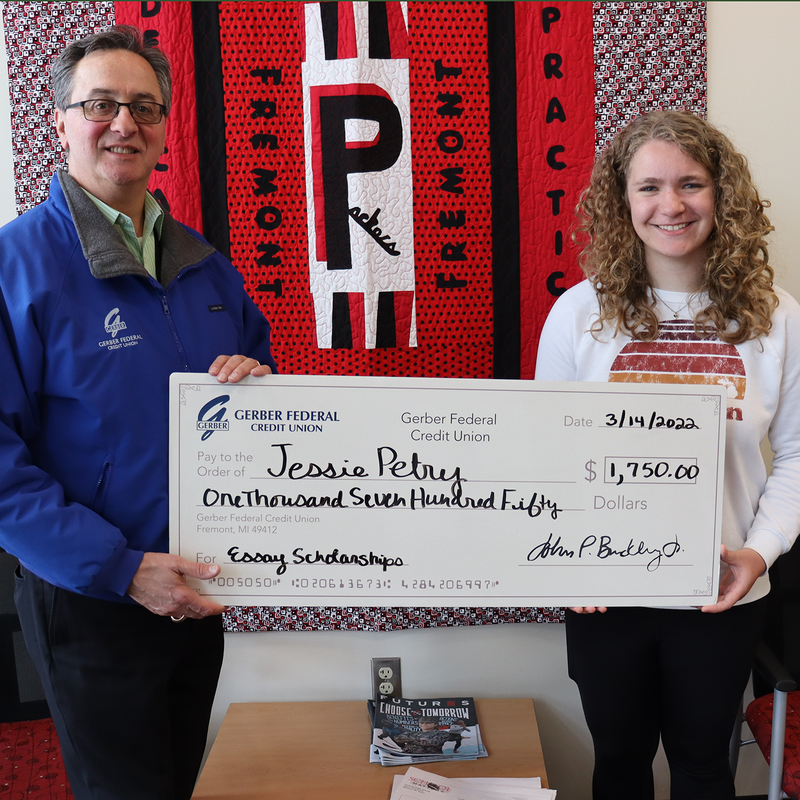






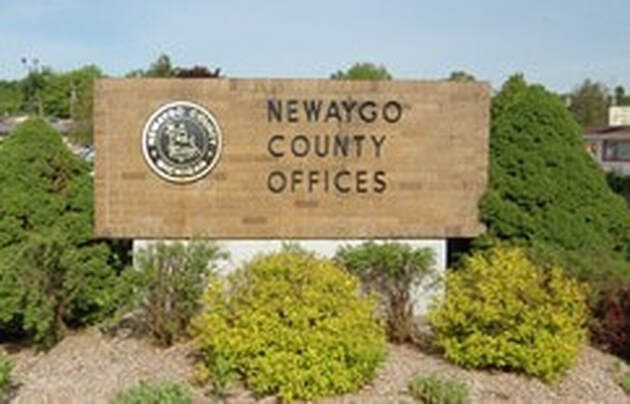
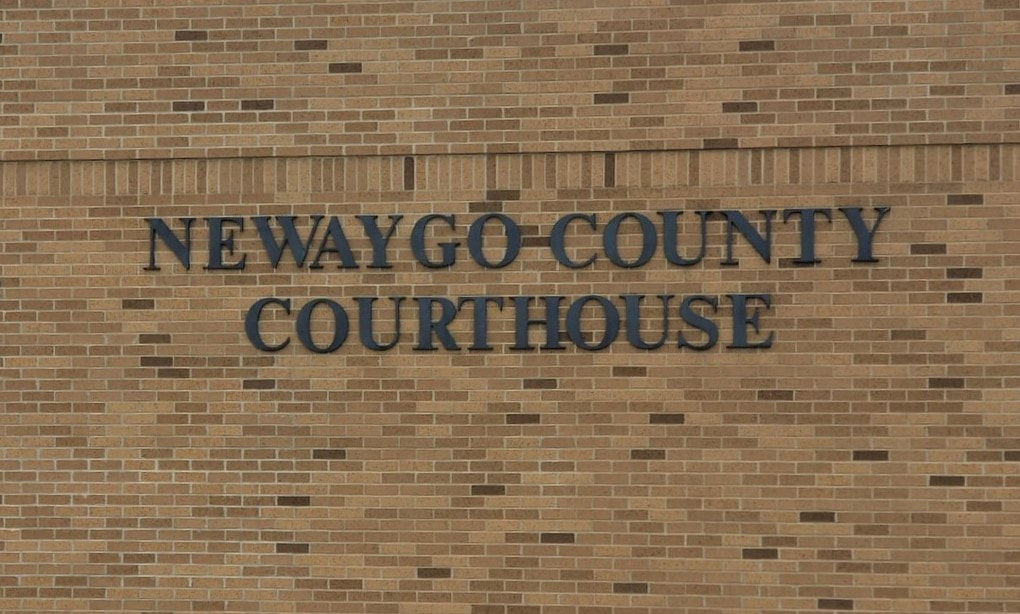

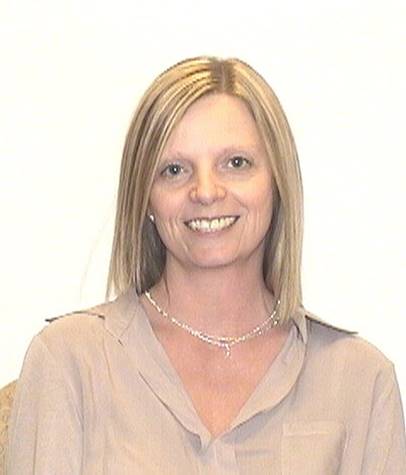
 RSS Feed
RSS Feed